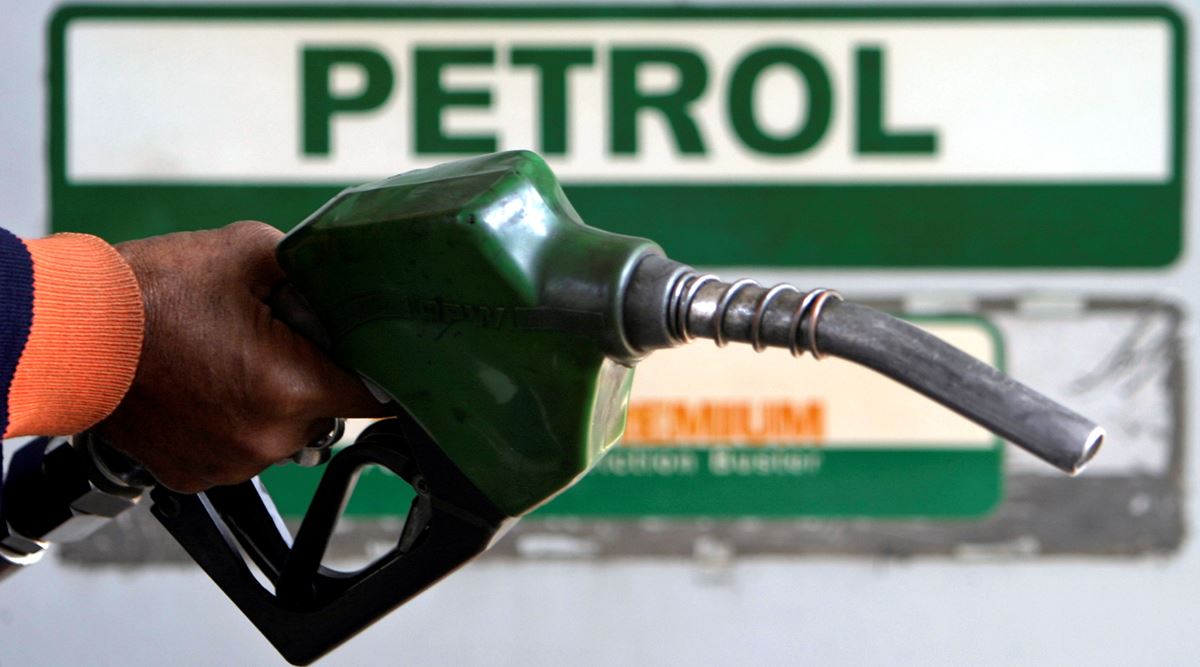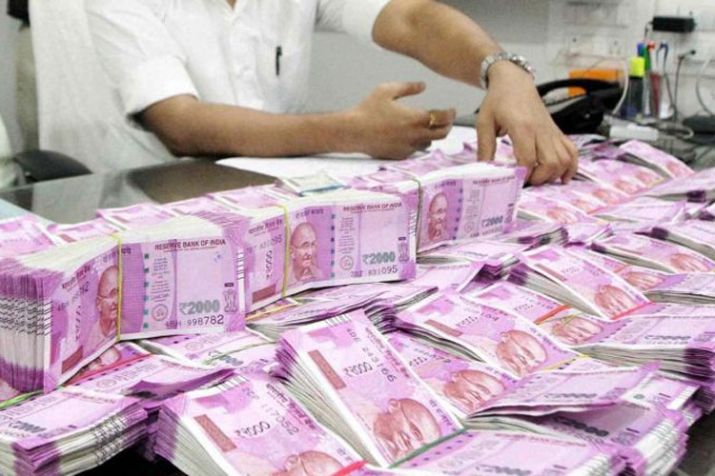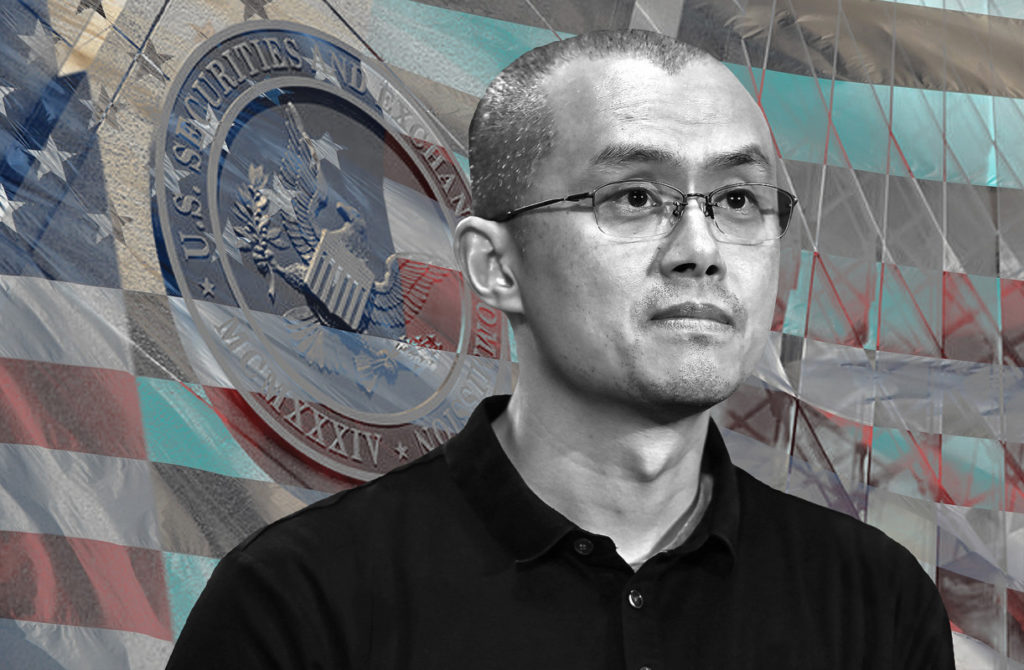


In a major move, the Central government has announced a reduction in petrol and diesel prices across the country. This is the first time since May 2022 that fuel prices have been reduced in India, bringing much-needed relief to the common people. The decision was announced by the Union Ministry of Petroleum and Natural Gas, with oil marketing companies releasing the latest rates for petrol and diesel. The pricing of fuel in India is subject to various factors such as freight charges and taxes, resulting in different rates across different states. The reduced prices are expected to have a significant impact on the upcoming Lok Sabha Elections in 2024.
Fuel Price Reduction in India: Background and Implications
The recent reduction in petrol and diesel prices in India marks a significant move by the central government and brings relief to countless citizens. This article explores the background and implications of this decision, providing additional information and addressing frequently asked questions about the topic.
Background
In recent years, India has faced a steady increase in fuel costs, driven by factors such as global oil price volatility, supply chain disruptions, and rising demand. The surge in fuel prices has put a significant burden on households, businesses, and the transportation sector.
Recognizing the challenges posed by high fuel costs, the government has implemented various measures to mitigate their impact. These include reducing excise duties on petrol and diesel, distributing subsidies to vulnerable populations, and encouraging the use of alternative fuels.
Current Announcement
The announcement of a reduction in petrol and diesel prices is the latest in a series of steps taken by the government to address fuel price concerns. The move comes ahead of the upcoming Lok Sabha elections in 2024, and is widely seen as a significant measure to win over voters.
The reduction in prices varies across different states due to factors such as freight charges and taxes. However, the reduction is expected to provide substantial relief to consumers and businesses alike.
Implications
The reduction in fuel prices is likely to have a positive impact on the Indian economy in several ways:
Top 5 FAQs
1. Why has the government reduced fuel prices now? The government has reduced fuel prices ahead of the upcoming Lok Sabha elections in 2024 to appease voters and reduce the impact of high fuel costs on the economy.
2. How much has the price of petrol and diesel reduced? The reduction in prices varies across different states, but typically ranges from ₹5 to ₹10 per liter for both petrol and diesel.
3. What factors influence fuel prices in India? Fuel prices in India are influenced by global oil prices, supply chain disruptions, refining costs, and taxes.
4. What measures has the government taken to address fuel price concerns in the past? The government has implemented measures such as reducing excise duties, distributing subsidies, and promoting alternative fuels to mitigate the impact of high fuel costs.
5. What is the long-term outlook for fuel prices in India? The long-term outlook for fuel prices in India is influenced by factors such as global economic conditions, oil production levels, and the transition to renewable energy sources.

President Trump announced new tariffs on major trading partners, including India and China, during a speech at the White House on April 2. These "reciprocal tariffs" match the duties these countries have imposed on US goods, with India set to face a 26% tariff and China set at 34%. The tariffs will go into effect on April 9 at 12:01 am local time, sparking concerns for industries such as automobiles, with companies like Volkswagen already taking action to mitigate the impact.

Enter this month's competition for a chance to win one of two fantastic Motorola Edge 50 Pro handsets worth £600 each. With its sleek design, impressive camera system and fast charging capabilities, this phone is not to be missed. Plus, each winner will receive a limited-edition F1 engraved case to complete the package. All you have to do is answer a simple question on motorola.co.uk.

According to the Comptroller and Auditor General of India's report, state-owned telecom company BSNL incurred a loss of Rs 1,757.76 crore due to financial lapses in its Master Service Agreement with Reliance Jio Infocomm Ltd (RJIL). These lapses include BSNL's failure to enforce contractual terms, leading to revenue shortages and loss of potential interest. The report also highlights additional losses incurred by BSNL due to inefficient planning and procurement, resulting in unnecessary expenditure and non-realization of tax credits.

The National Company Law Tribunal has intervened in the ongoing dispute between Aakash Education Services Limited and Byju's, directing a status quo on the former's shareholding. This move came after the Resolution Professional of Byju's filed a plea in court. As one of India's leading ed-tech companies, Byju's has been aggressive in its acquisition of competitors such as Aakash Institute, and this development adds to the ongoing legal battles in the business world.

FOX News Network, LLC has announced exclusive offers for members of the military and first responders on their streaming platform, FOX Nation. The offers include discounted rates and additional benefits for those who serve in these roles. To learn more and take advantage of these offers, interested individuals can contact the designated help centers or visit the FAQ page on the FOX News website. With this initiative, FOX News continues to show their support for those who serve and protect their communities.

The Brihanmumbai Municipal Corporation (BMC) exceeded expectations by collecting Rs 6,172 crore in property tax in the financial year 2024-25. This marks a 30% increase compared to the previous year and is the highest ever collection for India's largest civic body. BMC officials attribute the success to consistent follow-ups, enhanced recovery measures, and citizen compliance. Despite facing financial strain, tax rates in Mumbai have remained unchanged since 2015, leading the BMC to explore other revenue sources.

Following a long wait, the Staff Selection Commission (SSC) has finally declared the final results of the Combined Graduate Level Examination (CGL) 2024,which was held on 12.03.2025. Out of 1267 candidates whose results were withheld, the SSC has released the scores for 219 candidates on its official website. The remaining results are still pending for further scrutiny, and candidates can check their scorecards by logging into the website using their registration number and password.

In a major move to revive the struggling telecom company Vodafone Idea (Vi), the Indian government has decided to convert an additional Rs 36,950 crore of the company's dues into equity, bringing the government's total stake in the company to nearly 49%. This follows a previous infusion of Rs 6,133 crore in equity in February 2023. With this takeover, the government becomes the single-largest shareholder in Vi and will continue to have operational control of the company. However, this decision has raised concerns about potential losses for taxpayers, as the government will have to acquire these shares at a premium of more than 47%.

The debut of Mubarak Coin on Binance, the world's largest crypto exchange, was met with unexpected results as the token crashed by 40% in just 24 hours. This sudden drop has sparked intense discussions among investors, with some seeing it as a normal correction and others fearing a larger shakeout. The token's listing on Binance was expected to boost its price, but instead, it triggered a sell-off by whales (large investors) taking profits, leading to panic selling. Some traders who hoped to ride the wave for huge profits in the futures market were left disappointed as insiders allegedly dumped large amounts of the crypto, further causing price declines. Technical indicators suggest that the selling pressure is likely to continue.

Fox News Network, LLC has announced new offers for both military members and first responders. These discounts will be available on their streaming service, Fox Nation, and can be accessed by contacting the online representatives or through the FAQ section on the network's website. This move comes amid the company's efforts to expand its audience and cater to different demographics.